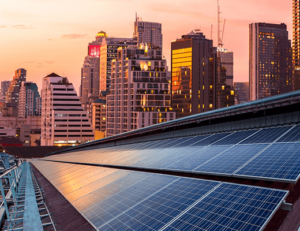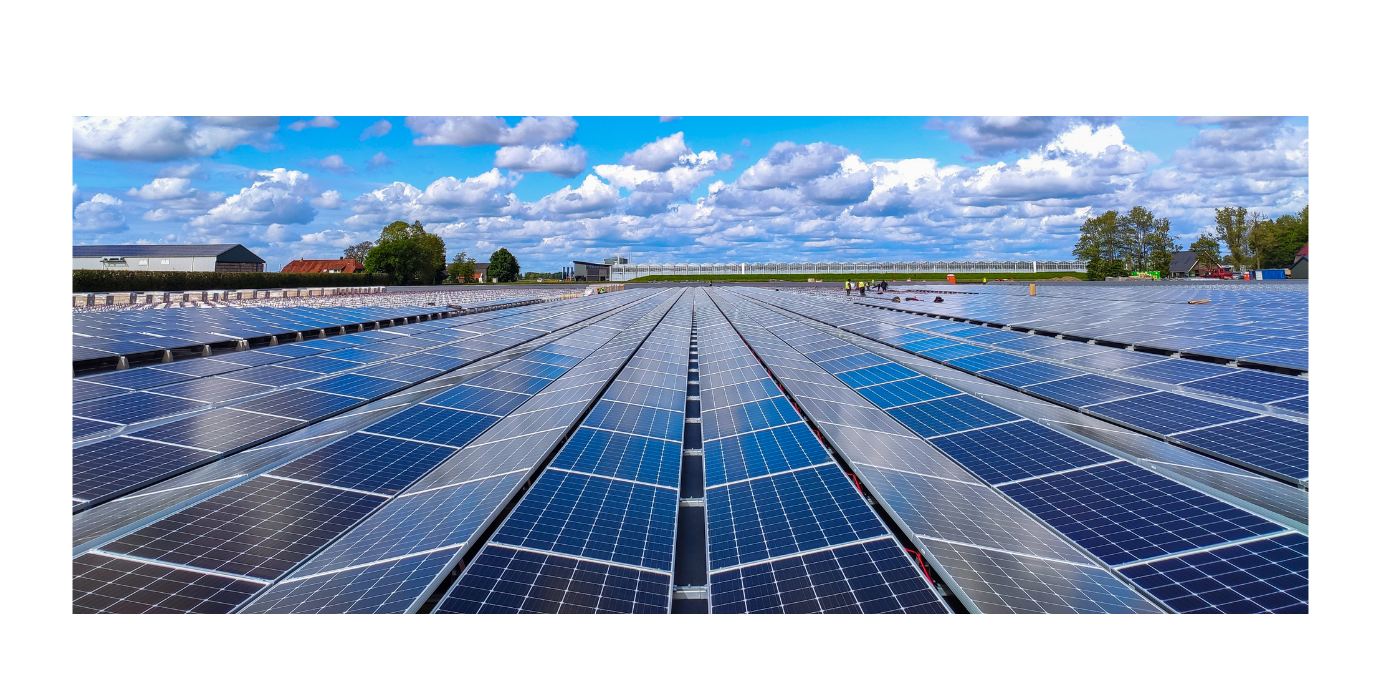Access to reliable and sustainable energy is a crucial factor in the development of any nation. However, many developing countries still struggle with inadequate power supply, which hampers economic growth and quality of life. Solar panels offer a transformative solution, providing clean, affordable, and renewable energy. In this blog post, we will explore how solar panels in developing countries are paving the way for a brighter future.

Overcoming Energy Shortages with Solar Panels in Developing Countries
Energy shortages are a common challenge in many developing countries, affecting both urban and rural areas. Traditional power grids are often unreliable and expensive to expand, especially in remote regions. Solar panels present an ideal solution to these problems. By harnessing the abundant sunlight available in many developing regions, solar panels can generate electricity locally, reducing dependence on centralized power sources.
In rural communities, solar panels enable essential lighting, refrigeration, and communication devices. This improves the quality of life and supports education and healthcare. For example, solar-powered lights allow children to study after dark, while solar refrigeration helps to store vaccines and medicines in health clinics. By addressing energy shortages, solar panels contribute significantly to the overall development of these areas.

Economic Benefits of Solar Panels in Developing Countries
The economic impact of solar panels in developing countries is profound. By providing a reliable and affordable energy source, solar panels can stimulate local economies. Small businesses, which often rely on costly and unreliable energy, can greatly benefit from the stability that solar power provides. Lower energy costs translate to increased profitability and the ability to expand operations.
Moreover, the installation and maintenance of solar panels create job opportunities within the community. Training programs for local technicians not only ensure the sustainability of solar projects but also equip individuals with valuable skills that enhance their employability. This boost in employment contributes to poverty reduction and economic stability in the long run.
Environmental Impact of Solar Panels in Developing Countries
One of the most significant advantages of solar panels is their positive environmental impact. Developing countries often rely on fossil fuels for energy, contributing to pollution and climate change. Solar panels offer a cleaner alternative, reducing greenhouse gas emissions and minimizing environmental degradation.
By adopting solar energy, developing countries can play a crucial role in global efforts to combat climate change. The shift towards renewable energy sources like solar panels helps in preserving natural resources and promoting a sustainable future. Additionally, solar panels reduce the need for deforestation, which is often driven by the demand for firewood and charcoal in energy-poor regions.
Challenges and Solutions for Solar Panels in Developing Countries
While the benefits of solar panels in developing countries are clear, there are challenges to their widespread adoption. High initial costs, lack of financing options, and limited technical expertise can hinder the deployment of solar projects. However, various solutions are being implemented to overcome these barriers.
International aid and investment play a crucial role in funding solar projects. Organizations such as the World Bank and various non-governmental organizations (NGOs) provide grants and low-interest loans to support solar energy initiatives. Additionally, innovative financing models like pay-as-you-go systems make solar panels more accessible to low-income households by allowing them to pay for the energy they use in small, manageable installments.
Capacity-building programs are also essential to ensure the sustainability of solar projects. Training local technicians and establishing maintenance networks help in addressing technical challenges and ensuring the long-term functionality of solar installations. By focusing on these solutions, the adoption of solar panels in developing countries can be accelerated, leading to broader and more sustainable impacts.

Conclusion
Solar panels in developing countries are more than just a source of electricity; they are a catalyst for positive change. By overcoming energy shortages, boosting local economies, and reducing environmental impacts, solar panels pave the way for a brighter and more sustainable future. While challenges remain, the ongoing efforts of governments, international organizations, and local communities are making significant strides towards realizing the full potential of solar energy. Embracing solar technology is not just an investment in energy but an investment in the future of developing nations worldwide.







